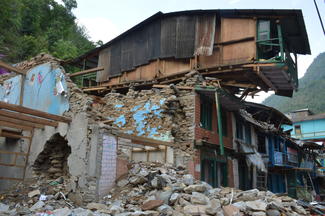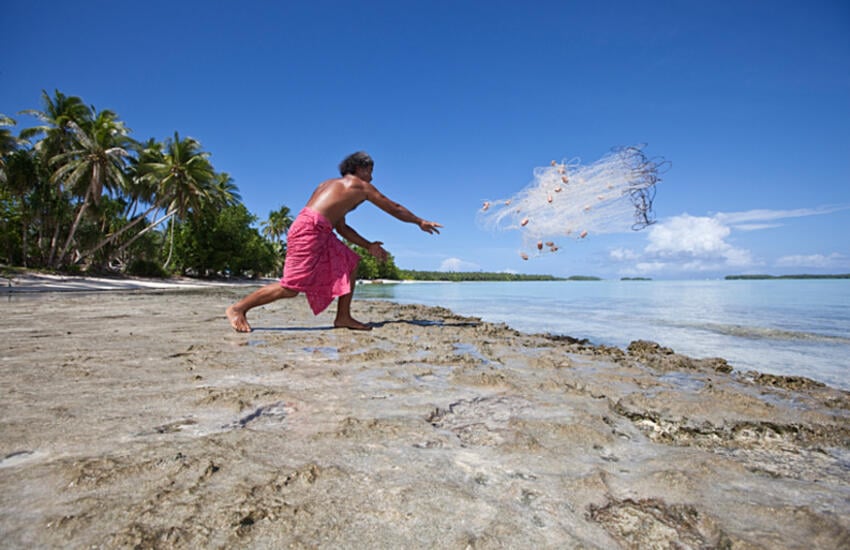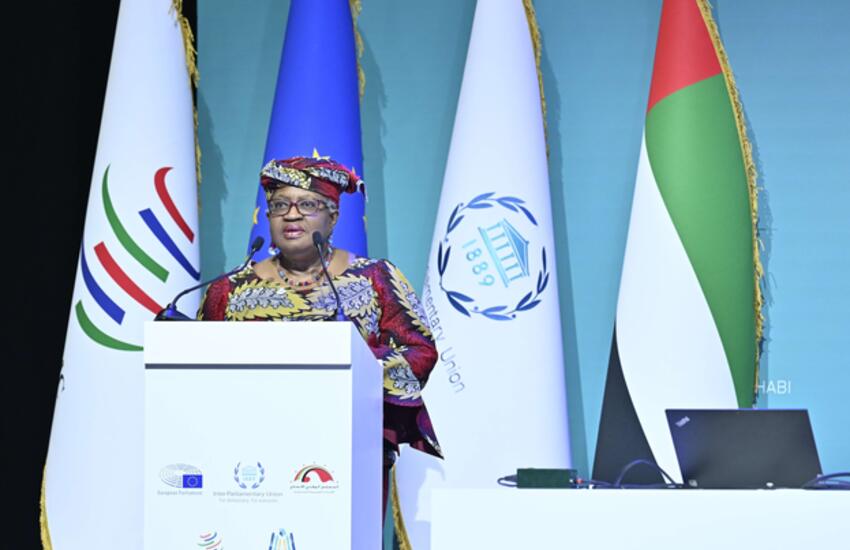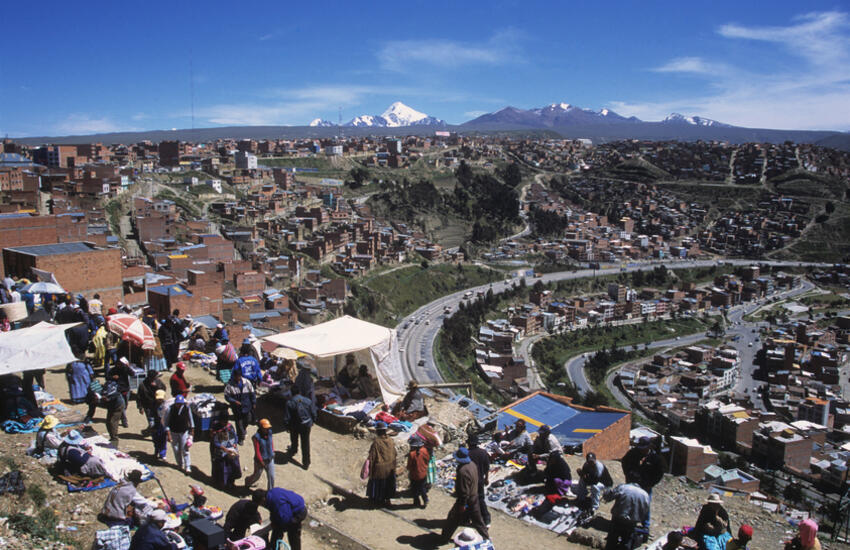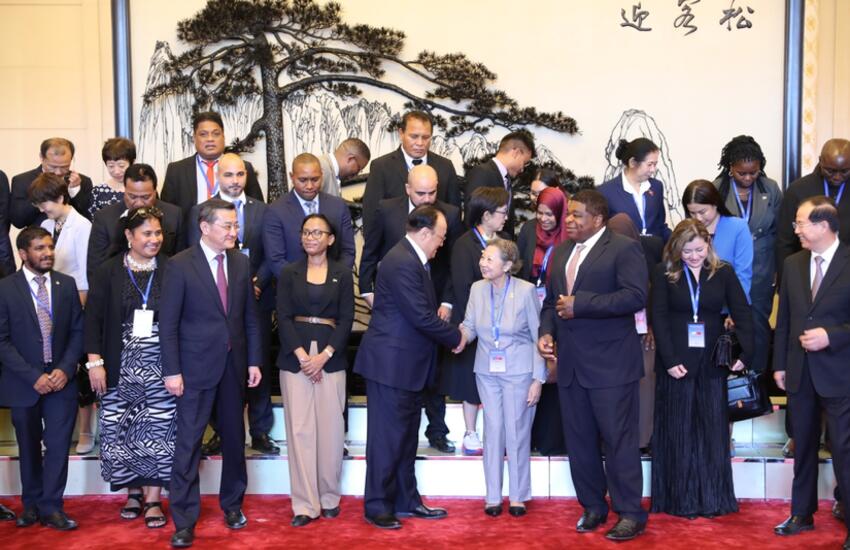In 2019, the IPU passed a resolution ‘Addressing Climate Change’, calling on parliamentarians to include disaster risk reduction (DDR) in their strategies for implementing and achieving the Sustainable Development Goals (SDGs) and the Paris Agreement. DRR reduces the economic and societal impacts of disasters, maintains and restores ecosystems, and protects and expands development gains.
A new toolkit from the IPU and the UN Office for Disaster Risk Reduction (UNDRR), released in time for the International Day for Disaster Risk Reduction, explains the importance of DRR and how to implement it. The Guide provides 10 actions that MPs can employ to effectively influence and implement DRR policy, legal, financial and oversight frameworks adapted to their country’s context.
The COVID-19 pandemic has put risk front and centre. No one has been immune and the power (or lack thereof) of the state to prevent, prepare and respond has been severely tested. Public tolerance for risk is decreasing; citizens around the world are increasingly exposed to growing risks due to the climate emergency, which has been compounded by the pandemic and the ensuing socio-economic crisis.
The Sendai Framework for Disaster Risk Reduction puts responsibility for risk reduction squarely at the foot of the state. Parliaments and parliamentarians are uniquely positioned to catalyse, oversee and monitor disaster risk reduction laws and policies and their impact at local levels. The Sendai Framework explicitly calls for parliamentarians to develop new or amend existing disaster risk reduction-related legislation, set budget allocations and hold governments accountable for public protection.
In addition to their legislative, budgetary and oversight functions, parliaments play a bridging role between government, civil society and citizens, and are duty-bound to represent and encourage participation of all sectors of society. This is critical when it comes to reducing risk; COVID-19 has demonstrated that in this age of systemic risk we are not safe until we are all safe.
In our increasingly interconnected world, risks and impacts are transferred across nations and around the globe. Disasters are now complex, interdependent events and their rising social and economic impacts require a fundamental shift in how disaster risks are managed to protect economic and development gains and achieve the SDGs. In the past 20 years, more than 7,000 major disasters have impacted all regions of the world, claiming 1.23 million lives and affecting 4.2 billion people, with economic losses estimated at US$ 2.97 trillion.
Extreme poverty increased globally in 2020 for the first time since the 1990s, due to COVID-19 and the secondary, cascading impacts of the associated lockdowns and global recession: unemployment, reduced economic growth, decreased productivity, lost education, income reduction and rising food prices.
Parliamentarians can increase prosperity, sustain development gains, protect the environment and support achieving the SDGs by reducing disaster risks and associated social and economic losses.
Watch: What will the world look like if we miss emissions targets?





